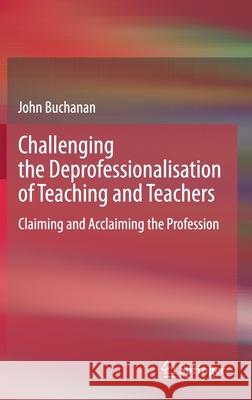Challenging the Deprofessionalisation of Teaching and Teachers: Claiming and Acclaiming the Profession » książka
topmenu
Challenging the Deprofessionalisation of Teaching and Teachers: Claiming and Acclaiming the Profession
ISBN-13: 9789811585371 / Angielski / Twarda / 2020 / 250 str.
Challenging the Deprofessionalisation of Teaching and Teachers: Claiming and Acclaiming the Profession
ISBN-13: 9789811585371 / Angielski / Twarda / 2020 / 250 str.
cena 402,53
(netto: 383,36 VAT: 5%)
Najniższa cena z 30 dni: 385,52
(netto: 383,36 VAT: 5%)
Najniższa cena z 30 dni: 385,52
Termin realizacji zamówienia:
ok. 22 dni roboczych
Dostawa w 2026 r.
ok. 22 dni roboczych
Dostawa w 2026 r.
Darmowa dostawa!
Kategorie:
Kategorie BISAC:
Wydawca:
Springer
Język:
Angielski
ISBN-13:
9789811585371
Rok wydania:
2020
Wydanie:
2020
Ilość stron:
250
Waga:
0.55 kg
Wymiary:
23.39 x 15.6 x 1.6
Oprawa:
Twarda
Wolumenów:
01
Dodatkowe informacje:
Wydanie ilustrowane











